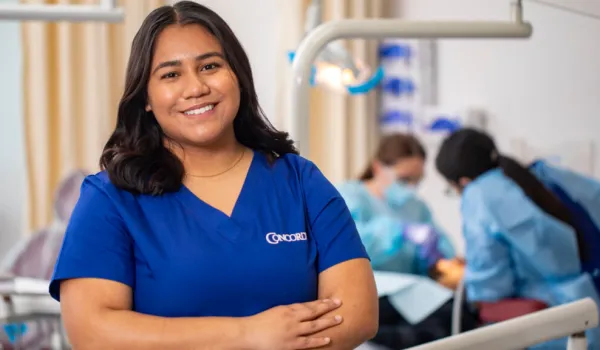
In today's diverse health care workplace, knowing a second language not only benefits your ability to communicate with your patients but also enhances your personal satisfaction knowing that language is not a barrier to caring for your patients. According to a review published in Cornell University's ILRREVIEW, health care employers are offering higher wages to bilingual nurses in order to better serve their patients and to remain in compliance with evolving government regulations.
DEMAND FOR Spanish-speaking NURSES INCREASING
The U.S. Census reports that nearly almost 40 million people living in the U.S. now claim Spanish as their first language. As a result of increasing immigration, the demand for nurses who understand and speak Spanish is expected to double over the next decade, especially in states such as Texas, California, Arizona, and Florida where the Hispanic population is highest. In fact, all hospitals and emergency medical care centers operating in densely populated urban areas where millions of immigrants from many different countries live are always in need of multilingual interpreters.
Although health care facilities can employ translators to facilitate communication between non-English speaking patients and their nurses, medical emergencies demand immediate discussion and rapid-fire decisions that can't wait for a translator to disseminate medical information vital to the patient's well-being. This represents a great opportunity for those medical professionals who speak two or more languages.
MOVE OUT OF YOUR COMFORT ZONE
By learning a second language, nurses are exposed to a variety of customs, language idioms and other ways of thinking about life, that readily broaden your intelligence and empathy for your patients. When someone who is ill or injured hears her nurse speak her native language, it immediately reinforces her level of comfort, calms her fears and benefits all aspects of the recovery process.
SECOND LANGUAGES NOURISH YOUR BRAIN
Did you know that the brain is like a muscle that needs continuous exercise to maintain its strength? One of the best ways to work out your brain is learning how to speak, read and write in another language. A Penn State study reports that by actively using neurons vital for relaying messages throughout the brain, nurses learning a second language improve higher-order operations such as organizing, memorizing and expressing complex ideas.
SHOWING YOUR PATIENTS RESPECT
Learning a second (or even third) language is also a wonderfully empathetic way to address issues of prejudice and stereotyping of other cultures. For example, if you speak English and learn Spanish before taking a trip to a South American country, this shows that you understand that not everyone speaks English. Moreover, speaking to patients in their native language further indicates that you view their culture as being important, relevant and special.
WHAT LANGUAGES SHOULD NURSES CONSIDER LEARNING?
According to a 2011 U.S. Census Bureau report, the top five languages spoken in the U.S. other than English, in order, are Spanish, Chinese, Tagalog (spoken by Filipinos), Vietnamese and French. If you are fluent or are thinking about learning a second language to bolster your career opportunities, you'd be wise to consider one of these languages as you broaden your skill set.
Are we speaking your language? Check out Concorde's medical career training in a location near you!
Take The Next Step Towards a Brighter Future
We have a Concorde representative ready to talk about what matters most to you. Get answers about start dates, curriculum, financial aid, scholarships and more!




